In the ever-evolving landscape of digital marketing, search engine optimization (SEO) plays a pivotal role in helping businesses thrive online. As businesses invest in their online presence, one question that often arises is, “What is the cost of SEO?” In this comprehensive guide, we will explore the various factors that influence SEO costs, what you can expect to pay, and how to make the most of your SEO budget.
The Complexity of Your Website
The first factor that influences SEO costs is the complexity of your website. A small, straightforward website with just a few pages will typically have lower SEO costs compared to a large e-commerce website with thousands of product pages. The complexity arises from the need to optimize multiple pages, create high-quality content, and address technical issues that may affect rankings.
Keyword Competitiveness
Keyword research is a fundamental aspect of SEO. Keywords are the phrases that users type into search engines, and optimizing for the right keywords is crucial. The competitiveness of the keywords you want to target can significantly impact SEO costs. Highly competitive keywords in competitive industries may require more resources, time, and effort to rank for, which can lead to higher costs.
Content Creation
Quality content is at the core of SEO success. Creating informative, engaging, and optimized content is a time-intensive process. Costs associated with content creation include hiring skilled writers, conducting thorough research, and optimizing content for SEO. The more content you need, the higher the associated costs.
Technical SEO
Technical SEO involves optimizing the technical aspects of your website to ensure search engines can crawl and index your content efficiently. This includes tasks such as improving site speed, optimizing for mobile devices, fixing broken links, and enhancing the website’s overall user experience. Technical SEO can be complex, and the cost depends on the size and complexity of your website.
Backlink Building
Backlinks, or external links pointing to your site, are a crucial SEO factor. Building high-quality backlinks from reputable websites is a time-consuming and often costly endeavor. Costs can vary based on the authority of the websites you aim to get links from and the number of backlinks needed.
Local SEO vs. National/Global SEO
The scope of your SEO campaign also affects costs. Local SEO, which targets a specific geographic area, typically has lower costs compared to national or global SEO campaigns that aim to reach a broader audience. Local SEO focuses on optimizing for location-based keywords and optimizing your Google My Business listing.
Monthly Retainer vs. Project-Based SEO
SEO services are often offered through two primary pricing models: monthly retainers and project-based pricing. Monthly retainers involve ongoing, consistent work and are generally the preferred choice for businesses looking for sustained SEO efforts. Project-based pricing, on the other hand, is often used for one-time tasks or smaller projects.
SEO Agency vs. In-House SEO
Another consideration is whether you’ll work with an SEO agency or manage SEO in-house. SEO agencies bring expertise and a dedicated team to the table, but their services come at a cost. In-house SEO can be cost-effective but may require hiring and training staff or dedicating existing team members to SEO tasks.
In summary, the cost of SEO can vary widely depending on several factors, including website complexity, keyword competitiveness, content needs, technical SEO requirements, backlink building goals, and the scope of your campaign. It’s essential to view SEO as an investment rather than an expense. A well-executed SEO strategy can lead to increased organic traffic, higher search engine rankings, and improved online visibility, ultimately driving business growth.
How much does search engine optimization cost? The cost of SEO can vary significantly based on multiple factors, including the scope of the project, your industry, competition, and the SEO provider’s pricing model. On average, small businesses may spend around $500 to $2,500 per month, while more extensive SEO campaigns for larger enterprises can range from $5,000 to $30,000 or more monthly. Keep in mind that SEO is an ongoing investment, and costs can change over time as your business and SEO objectives evolve.
Do you pay for search engine optimization? Yes, search engine optimization is a paid service provided by SEO agencies, consultants, or in-house SEO teams. SEO professionals are hired to improve a website’s visibility in search engines, enhance organic rankings, and drive targeted traffic. The costs associated with SEO cover various activities such as keyword research, content creation, technical optimizations, and ongoing monitoring and adjustments.
Why is SEO so expensive? SEO costs may seem high due to the complexity of the process and the skill set required. SEO professionals conduct in-depth research, create high-quality content, optimize websites, build backlinks, and monitor rankings and analytics. Additionally, SEO involves continuous efforts to keep up with algorithm changes and competitors. While the initial investment can be significant, the potential for long-term ROI makes SEO a valuable marketing strategy for many businesses.
Search engine optimisation cost reddit Reddit discussions can provide insights into SEO costs, but it’s essential to remember that SEO pricing can vary widely based on different factors, as mentioned earlier. While Reddit may offer some general guidance, it’s advisable to consult with SEO professionals or agencies to get accurate quotes and tailored recommendations for your specific needs.
Search engine optimisation cost per hour Some SEO professionals may offer hourly consulting services, especially for specific tasks or consulting sessions. Hourly rates for SEO experts can range from $75 to $200 or more, depending on their expertise and experience. However, most comprehensive SEO campaigns are priced on a monthly retainer basis, reflecting the ongoing nature of SEO work.
Search engine optimisation cost calculator There are online SEO cost calculators available that can provide estimates based on your business type, goals, and specific SEO needs. These tools can offer a rough idea of potential costs but may not account for all variables. For precise pricing and a customized SEO strategy, it’s best to consult with an SEO agency or professional who can assess your unique requirements and provide a detailed quote.
In summary, SEO costs vary based on several factors, including the scope of the project and the specific goals you aim to achieve. While there are tools and discussions that can provide general insights into SEO costs, it’s crucial to work with SEO experts who can provide tailored recommendations and accurate pricing for your business’s unique needs.
When considering SEO costs, it’s crucial to partner with a reputable SEO agency or professional who can provide a clear breakdown of expenses, a customized strategy, and a transparent pricing structure. By understanding the factors that influence SEO costs, you can make informed decisions to maximize the return on your SEO investment and propel your business to online success.
10 Important Web Design Tips: SEO Friendly Website
10 Important Web Design Tips: SEO Friendly Website – A website should firstly be searched out by visitors before talking about attracting or retaining those visitors. Nowadays, a “well designed website” does not only relate to a web site’s visual attractiveness but more importantly, how friendly it is with search engines.
Below are 10 SEO friendly website designing tips where web designers should pay attention to during the early stage of their web designing process.
1. Avoid creating menu on the left-hand side of a website. If unavoidable, an alternative way is to put some text with rich keywords at the top or above the left-hand menu so that this text will be the first thing to be read by search engines.
2. Headlines are rated more important than the rest of the web page by search engines. To take advantage of this, you should have your keywords in the page headline. Since the header tag (h1) is quite large, you should format it to make it smaller.
3. Every page should contain the “title” and “description” tags with good keywords to describe the page content. The number of words for the title should not exceed 9 and that for the description should not be more than 20 words in order to keep within the limits of most search engines.
4. Try not to use Flash when possible. Flash cannot be read by the search engines to date and will cause slow page loading time and make people run away. If you really have a reason to use flash, try to make it smaller (e.g. as a flash header) and leave other area of your website for keyword-rich content.
5. Think twice on how to use graphics. Make them relevant to your content and use an alt tag with relevant keywords for search engines to read as they cannot read graphics and also for your visitors so that they can have something to read when waiting for the graphics to load.
6. Do not only use images to link out. You should always use text links to link out to important content on your web site. Spiders can follow image links, but like text links more though.
7. Avoid using frames. Some search engines cannot spider web pages with frames at all. For the other search engines that can, they can have problems spidering it and sometimes they too cannot index the web page.
8. Avoid using too complex tables when laying out your page but to keep them simple for the spiders. There are some engines which find it difficult to navigate through to the other pages on your website if the navigation bar is too complicated.
9. Use external Cascading Style Sheets and Java Script files to reduce page size and make the download time much faster. It will allow the spider to index your web page faster and can help your ranking.
10. Use standard HTML. Software such as FrontPage, Dreamweaver or a WYSIWYG editor will often add unnecessary scripting codes that will make the page larger than is needed and make it harder to crawl. It will sometimes add codes that cannot be read by search engines, causing the spider not to index the page or even the whole website.
If to use, you should use those web page creator software wisely with a good understanding of html so that you may manually avoid or even delete those unnecessary scripting codes.
That’s all of my 10 tips for designing SEO friendly websites. Enjoy your web designing for viewed by both human visitors and search engines!




